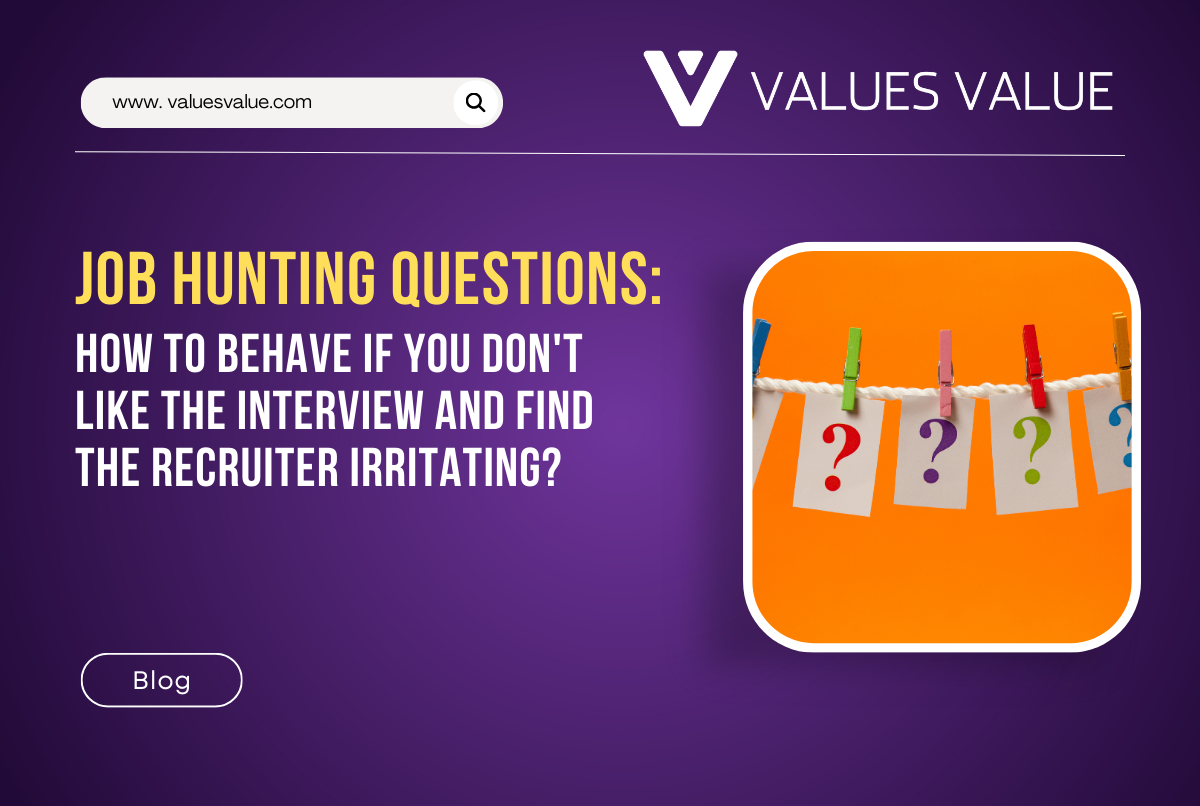 It’s important to remember that an interview with a recruiter is your first meeting with a potential employer, and the key goal of such a meeting is to effectively present your experience, describe your strengths and areas of growth, and understand how well the company’s values and the specific position align with your experience, expectations, and professional ambitions. Therefore, you should conduct yourself ethically and professionally, even if the recruiter is causing you significant irritation.
It’s important to remember that an interview with a recruiter is your first meeting with a potential employer, and the key goal of such a meeting is to effectively present your experience, describe your strengths and areas of growth, and understand how well the company’s values and the specific position align with your experience, expectations, and professional ambitions. Therefore, you should conduct yourself ethically and professionally, even if the recruiter is causing you significant irritation.
To mitigate discomfort, try to express that some of the questions seem unusual to you, for example. Or if they are simply unethical, you can discuss that as well.
Ask the recruiter to outline the conversation’s agenda. Having an understanding of the interview’s structure may make it easier for you.
Request more time for reflection if needed. Ask questions to better understand the company’s culture and approaches.
Detach yourself from judgmental opinions and treat the interview as a selection process. You don’t need to build a friendship with the recruiter; they are merely a tool, a part of this process.
The recruiter represents the company, and if you feel uncomfortable with them, there’s a risk that the overall company culture may not be a good fit for you. The interview reflects the company’s processes and approaches, among other things. If you realize that dealing with such people and processes would be challenging for you, it would be logical to end the conversation.
Furthermore, if your dislike for the recruiter is related to certain professional qualities, it would be a plus to provide feedback after the meeting, describing how it would be more comfortable for you to communicate. Try to give feedback without excessive emotion, remaining within the bounds of professional etiquette. If you find it difficult to provide feedback directly during the interview, you can send a letter or message after the meeting. Feedback can help the recruiter in their future development.
Feel free to reach out to us if you’re looking for a job or if you want to get a sense of the job market.








